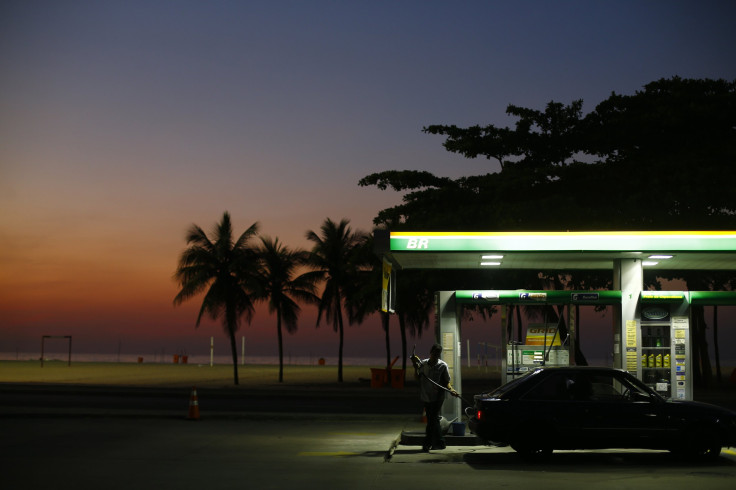Will Oil Prices Go Up? Saudi Arabia Pushes For OPEC Deal To Lower Oil Output

The Organization of the Petroleum Exporting Countries (OPEC) may be headed towards a consensus on capping the oil output by the group after Saudi Arabia pushed toward a decrease, or at least freeze, in the amount of oil being pushed into the market by the member nations of the cartel.
At a September meeting in Algiers, OPEC member states decided to work on an agreement to cut the group’s production to between 32.5 and 33 million barrels a day, which would push up the prices of the natural resource in the world markets. The details of how to achieve this goal were left for a fast-approaching meeting of OPEC oil ministers scheduled for Nov. 30.
Analysts say that a deal which only has provisions for cutting the production may not be accepted by all members, causing a shift towards a mix of production freezes and cuts in the final deal.
“I think the odds are strongly in favor of the deal because Saudi wants the deal,” Helima Croft, RBC Capital Markets’ global head of commodities strategy, told CNBC. “If they want a deal, there will be a deal. Saudi Arabia drives the bus.”
According to Croft, this attempt is considerably more serious than the cartel’s previous attempts as they are all keen to increase revenues, abandoning the policy of letting market forces drive prices — which was being followed for the past two years. The current policy allowed producers to ramp up production to record highs, sending the price of the crude oil to a low of almost $26 in February.
In the month after agreeing to the framework of a new deal, the production has been driven up by 240,000 barrels a day — to over 33.6 million barrels a day in October — as member states want to be at their maximum capacity if a freeze is agreed upon.
While Saudi Arabia is attempting to control rival producer Iran’s oil output, the latter has boosted oil output at three western fields, faster than was expected. OPEC ministers, attending a conference in Doha on Friday, suggested that Iran cap output at 3.92 million barrels per day, a level than they were originally looking to set, Reuters reported.
Iran, however, has maintained that it would freeze between 4 and 4.2 million barrels a day, not responding to the new offer.
“It looks like they're moving toward some sort of deal, and I think that given how active Saudi Arabia is versus in previous attempts where they were less enthusiastic, and also given they would be the ones that would be cutting the most,” said Anthony Yuen, global energy strategist at Citigroup, remaining optimistic about the deal’s fate, CNBC reported.
“The final contour of the deal is still being worked out, and it looks to be very fluid given how much they have to negotiate among parties.”
© Copyright IBTimes 2025. All rights reserved.






















